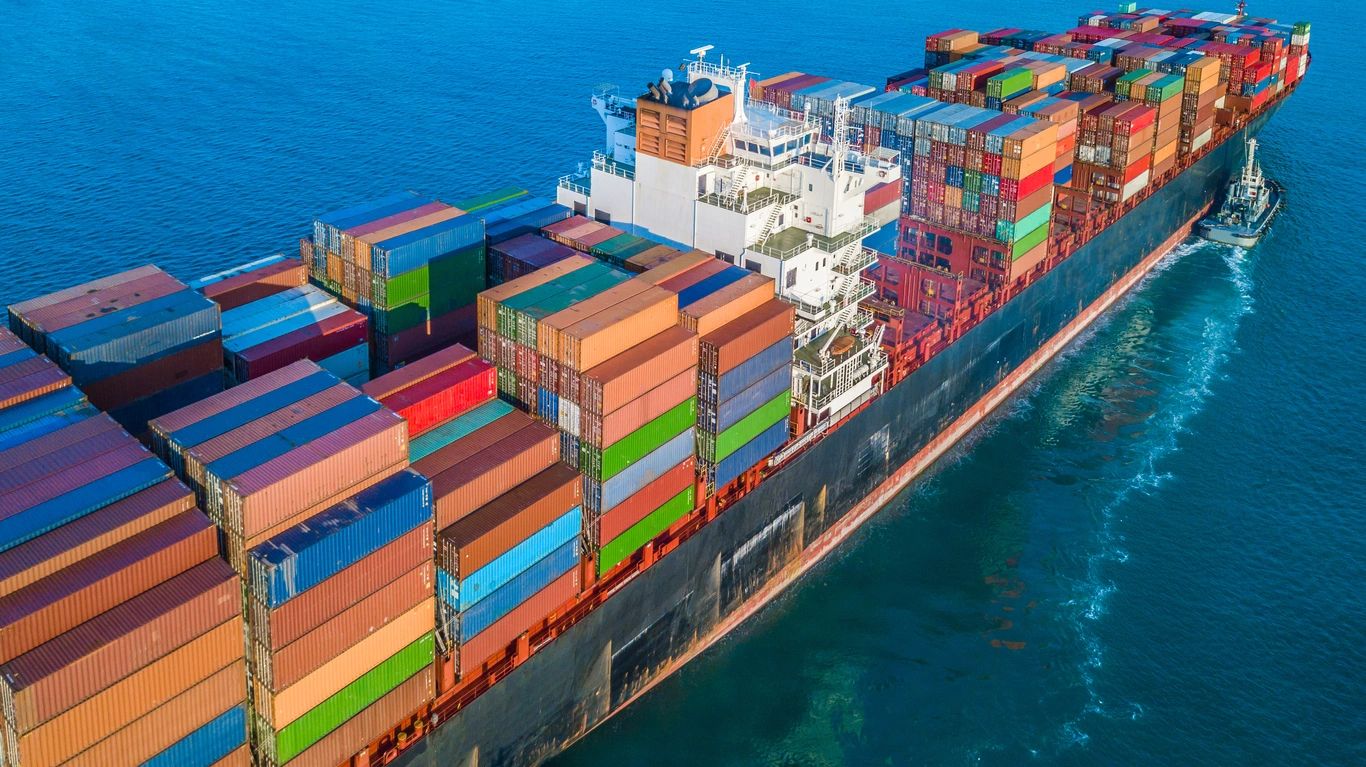
Supply chain disruption is easy for anyone to see, but the impact of the pandemic spreads far beyond toilet paper and household cleaner shortages. Since early 2020 and the emergence of the Coronavirus disease (COVID-19), issues like material and labor shortages coupled with increased demand have impacted nearly every industry.
In a 2021 survey, the Institute of Supply Management reported that 56% of respondents cited shipment delays as their top COVID-19 concern, up from 16% in March 2020. Forty-three percent of respondents said their main concern was limited raw materials or supplies availability.As the pandemic surged in early 2022, manufacturers will be wise to expect and prepare for further supply chain disruptions. But, what can be done to slow it down?
No manufacturer has been left untouched by the COVID-19 pandemic, whether it’s a collapse in demand for some, skyrocketing demand for others, supply chain disruption or responding to social distancing requirements. Businesses have been driven by necessity to co-operate in new and creative ways, to remarkable effect.
Here are just a few examples of scenarios where collaboration can be beneficial:
Sharing of assets
“Most manufacturers live on large industrial estates but, despite the huge diversity of activity on their doorstep, they often have little contact with their neighbors. At the very least, this is a missed opportunity to reduce costs by sharing useful assets such as machinery or warehouse capacity. I’ve seen a great example of this on an estate in Horwich, where a company offers its forklift truck ramp as a rentable shared asset across the estate.
Neighbors can even find new uses for each other’s waste material. In Trafford Park for example, rejected cornflakes from Kellogg’s are being used as a raw ingredient by nearby brewery Seven Bro7hers. There’s something we can all drink to!”
Another example could be to reach out to a competitor and find out if they have supplies that you might be able to use that the supplier is telling you would be much more expensive and could even get these supplies faster.
Transparency
According to a recent McKinsey &Co Study; “The existential crisis brought on by the pandemic has forced companies to shift the focus of innovation and restructuring efforts to ensuring business continuity by building resiliency and flexibility. McKinsey highlighted the vulnerability of manufacturers by showing how few had any visibility into their supplier networks beyond Tier 1 suppliers.
Supply Chain Workarounds
Bold companies are not waiting for supply lines to untangle themselves – retailers short on storage space are buying warehouses, shippers that can’t find containers are making their own, and companies unable to book with ocean carriers are chartering vessels, while those unhappy with their online sales are buying e-commerce fulfilment operators.
Amazon and shipping giants Maersk and CMA CGM are moving into air freight. Maersk and CMA CGM, in fact, appear to be on a collision course with Amazon and Alibaba in logistics, forwarding and delivery.
One thing is for sure that the way manufacturers handle the supply chain has changed forever. In the manufacturing industry, specifically at Allis Roller we are always making sure we are cooperating with our partners and doing what we need to do to stay ahead of the game.
